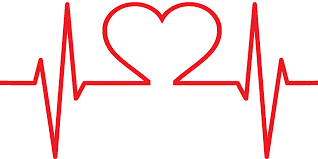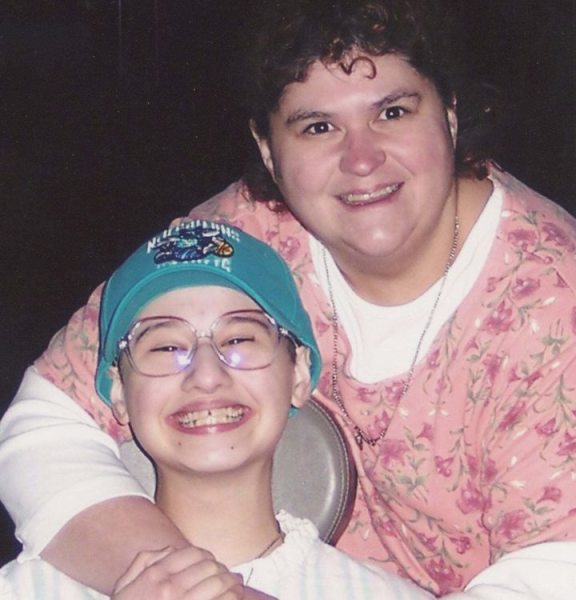All About Cardiology

March 16, 2023
All of us in High School have to take biology or now called, living environment, the study of all living things, either as a Freshman or Sophomore. One of the most interesting and favored topics in the course is the Circulatory System, where we learn about the heart and blood. Learning about the heart in Biology is just an introduction to the fascinating field of Cardiology.
Cardiology is the study of the heart. Cardiologists treat and study heart disease and conditions within the cardiovascular system. Cardiologists work with heart attacks, heart failure, heart rhythm disorders, coronary artery disease, valvular disease, heart defects or infections, and many more similar disorders. There are many jobs in the branch of Cardiology such as Cardiac nurse or physician, medical sonographer, EKG technician, and the three types of cardiologists. The three types are Non-Invasive, Invasive, and Interventional. Some surgeons specialize in Cardiology.
To start a career in Cardiology, the amount of college varies for each job, but to become a basic Cardiologist, you need four years of education to get your Bachelor’s degree, four years of medical school for your M.D degree, and then three or more years of specialized programs to get advanced training to specialize in certain areas such as Advanced Heart Failure and Transplant Cardiology, Electrophysiology, Adult Congenital Heart Disease, Clinical Cardiac, and Cardiovascular Disease. These 3 or more extra years are to help you get experience in the type of Cardiology you would be interested in pursuing, after these few years you could earn the American Board of Specialties certification.
Getting a career in the field of Cardiology, could be expensive, stressful, and most definitely not easy. Cardiology is one of the most challenging branches of medicine as students/doctors need to know the basics of chemistry, calculus, statics, and most important, biology! Most medical schools and cardiology programs are very competitive and all the years of education and school can be fairly expensive. Being a cardiologist is a very stressful and busy job, as you have long hours and could be on call anytime. The risk of malpractice is high, since working on the heart is not so easy, and even the littlest mistake can cause issues. The highest paying Cardiologist has a salary of around $300k per year and the lowest paid is estimated to be $150K per year. Of course, the salary depends on what kind of doctor, nurse, technician, or practitioner you are, but overall all jobs in Cardiology are paid very well.
Cardiology is an interesting thing to learn about, and an amazing career if you are interested in learning about the heart, its diseases, and the arteries and veins in our very own body. If you think you may want to study Cardiology in the future, talk to your guidance counselor about taking our anatomy, AP Biology, or AP statics in your schedule next year!











